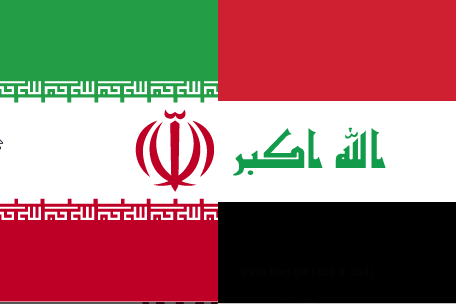Completing the sudden shift from Iraq’s Prime Minister Nuri al-Maliki to a new Government in Baghdad, Iranian officials put out a series of statements on Saturday heralding Iraqi unity and stability.
Maliki was ousted by a political coup on Monday as a replacement Prime Minister, Haidar al-Abadi, was nominated by the National Bloc of Shia parties. The step was supported by foreign governments from the US to Saudi Arabia, and Iran — which had firmly backed Maliki until earlier this month — joined the endorsement of a transition. On Thursday, Maliki finally gave up his effort to hold onto power.
Yesterday Iranian Foreign Ministry spokeswoman Marzieh Afkham praised the “establishment of solid legal frameworks in Iraq (and) development of the democratic process”. She called on all Iraqi faction to “play an influential and constructive role in accelerating the process of the Iraqi government formation”.
Alaeddin Boroujerdi, the Chairman of Parliament’s National Security Committee, echoed, “The Islamic Republic has always held in high regard Iraq’s internal decisions and always supports the view of Iraqi people.”
Immediately after the insurgent offensive of early June that threatened Maliki, Iran expressed its firm backing of the Prime Minister, both through rhetoric and through military intervention.
However, with the Prime Minister unable to buttress his political support, Tehran changed its position over the last two weeks. It was influenced in part by the call of Iraq’s leading Shia cleric, Ayatollah Ali Sistani, for a new Government, and a further catalyst was the US military intervention behind Iraqi Kurdistan, whose leaders have also called for Maliki’s departure.

